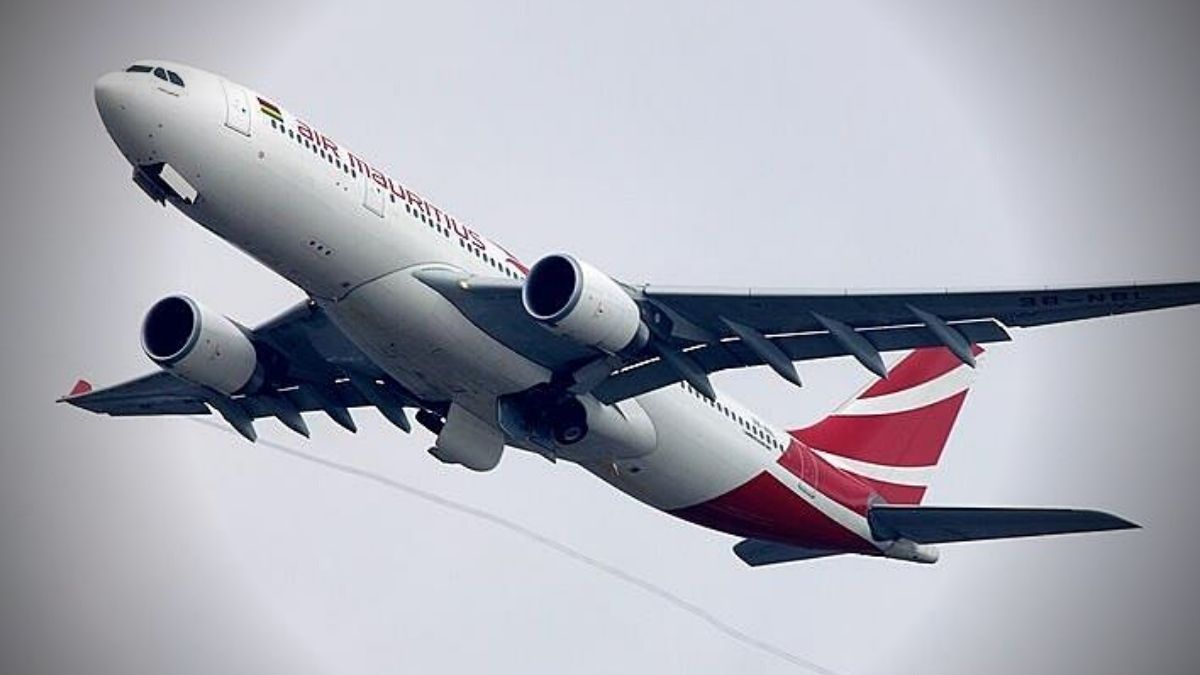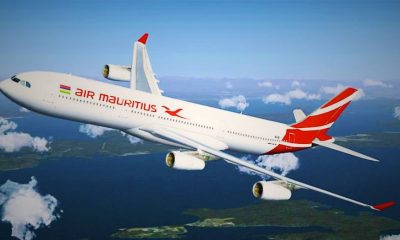News
Air Mauritius: $16.2 Billion in Revenue, But Still Floundering

Despite reporting a record-breaking financial performance for the 2022/2023 period, with a revenue of around Rs 16.2 billion and a profit of Rs 838 million, Air Mauritius is facing significant challenges.
The airline’s recent delays and cancellations of flights, which have been ongoing since December, are expected to have a significant financial impact on the company.
According to sources, the airline’s Chief Executive Officer, Charles Cartier, who took over on March 6, is facing a tough task.
The company is struggling with internal power struggles, external pressures from various interest groups, and a lack of full recovery from the material administration that was voluntarily imposed.
Tired Fleet and Decapitated Middle Management
The airline’s fleet is reportedly tired, and its middle management has been decapitated. Around 150 employees were retired during the voluntary administration period, including many experienced managers. This has left gaps in critical sections such as commercial, planning, and organization.
“Unfortunately, this has led to a great deal of chaos,” explained an ex- senior executive of Air Mauritius. “There was no plan for succession when these experienced employees left.”
The sale of four aircraft (two A319 and two A340) and a significant portion of the spare parts stock for aircraft has also contributed to the situation.
The previous management had sought to capitalize on the massive global tourism rebound, but the airline did not have the necessary fleet to do so.
“This led to overworking available aircraft, which in turn caused frequent breakdowns,” said an ex-CEO of Air Mauritius.
“Regularly, planes had to fly despite minor anomalies, which eventually led to more serious and costly technical issues.”
Moreover, when minor repairs were needed, spare parts were not available on the island, forcing the company to spend more on repairs or import parts.
The Power Struggle
The company is also embroiled in a power struggle between internal factions. “It’s a war between clans motivated by politics,” said an industry insider.
Despite its impressive financial performance, Air Mauritius is facing a difficult road ahead. The airline’s management must address these pressing issues to ensure its long-term viability.
Air Mauritius’s Internal Struggles: A Recipe for Disaster
Air Mauritius’s past has been plagued by internal power struggles, fueled by political and financial agendas. Jack Bizlall, a representative of the Air Mauritius inter-syndicate, sounded the alarm, warning that the company is returning to its old practices.
“We’re seeing the return of certain individuals who conspired to drain the company. Today, Air Mauritius is under threat from three companies that want to strangle it.
We must not forget that Air Mauritius has just emerged from a massive existential crisis, with administrators who wanted to shut down the company,” he said.
According to Bizlall, some of these individuals are still exerting their negative influence.
“There are people within Air Mauritius and the Prime Minister’s Office who are working against the company’s interests, just like Sherry Singh, who had appointed administrators to close the company. These individuals have clear financial interests.”
Raj Ramlugun, a former executive and one of the last remaining shareholders, concurred with Bizlall’s sentiments.
“To ensure Air Mauritius’s success in the medium and long term, we need to conduct an assessment of its strengths and weaknesses and find the best experts in each field to support the new CEO in tackling the challenges.”
He added that “the challenge is enormous after the company was stripped of its assets and human resources during its voluntary administration.”
Ramlugun also denounced political and clan interventions. “It’s not enough to make the company private when it’s 100% controlled by those in power.
The clans are also present at the personnel level. It’s about controlling decisions related to human resources, namely promotions and nominations.
And some use political backing to achieve their goals. The unions have also played a highly detrimental role in these clan wars.”
For Ramlugun, “the CEO requires the support of the Prime Minister to fully depoliticize the company.” He emphasized that Air Mauritius’s future success depends on breaking free from these internal power struggles and clan politics.
Sourc: Defi Media











